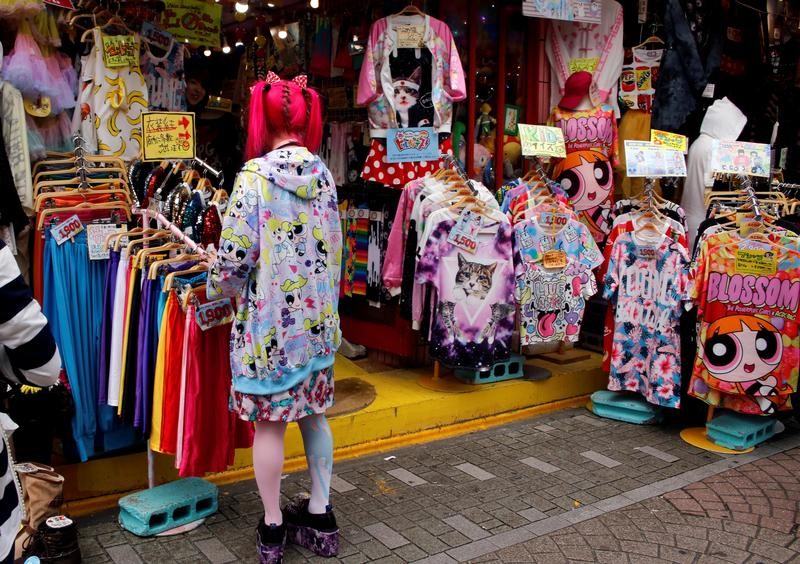(Bloomberg) -- Japanese households cut monthly spending by the most in five years in March as the spread of coronavirus started to quicken in the weeks before the government called a state of emergency.
Spending fell 6% from a year earlier, the most since 2015, the internal affairs ministry reported Friday. Economists had forecast a 6.5% decline. Outlays have for fallen six months straight, hit first by last year’s sales tax hike and now by the virus.
Key Insights
- Spending is likely to have dropped further since the government in mid-April called a nationwide state of emergency and asked people to avoid non-essential outings. Prime Minister Shinzo Abe Monday extended the alert through May to control the disease’s spread.
- To support households, the government last month beefed up its biggest-ever stimulus package so that cash handouts reach everyone. Still, even if the money is disbursed quickly it will be hard for people to spend it on things beyond necessities as long as stores and restaurants stay closed, though online retailers should benefit.
- Store closures caused sales at outlets of Japan’s biggest department stores to drop more than 75% in April compared with the prior year.
- So far, fewer job losses in Japan compared with other countries may offer some support to consumer spending, but unemployment is likely to rise as more businesses get pushed closer to bankruptcy. Some analysts now see the economy shrinking at an annualized pace of about 30% this quarter amid plunging exports.
What Bloomberg’s Economist Says
“A drop in spending on services may not yet be fully reflected in the March data. Looking ahead, spending is likely to stagnate at least through May. If the virus outbreak is contained soon, spending could show a gradual recovery in 3Q.”
--The Asia Economist Team
Click here to read more
Get More
- Separately, labor cash earnings rose 0.1% in March from a year ago, according to the labor ministry, matching the median forecast from economists.
- Adjusted for inflation, labor cash earnings fell 0.3%. Economists projected they would be unchanged.
(Adds wage data.)
©2020 Bloomberg L.P.
